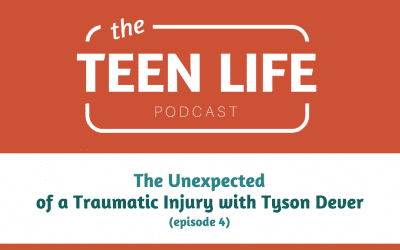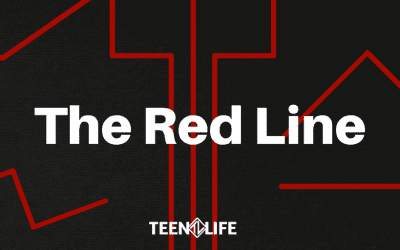Saying nice things to teenagers is easy…following through is the hard part! Recently I went to lunch with a teen who talked about the power of following through. In the midst of loss, she needed people who would actually show up. Who would stop right there and pray for her. Who would send follow-up texts telling her they were thinking of her. Who would ask about lunch and make it happen. She said the nice things people said meant nothing if they weren’t backed by actions. I have a confession. I am guilty of this. But we can change that! We can be better, more supportive, and more invested. Here are three easy ways to follow through and mean it.
Personal Development Articles and Episodes
If you’re looking to develop interpersonal skills and general well-being, you’ve come to the right place! Check back regularly for tips on how to improve your mental health, build better connections, and lead a healthier lifestyle.
Teens need champions. Be one.
Every teen deserves an adult who believes in them. Our newsletter is packed with updates on teen life, free resources, and practical ways to build stronger, more supportive relationships with the young people you care about. When you grow, they thrive.
Subscribe today — because one caring adult can change everything.





